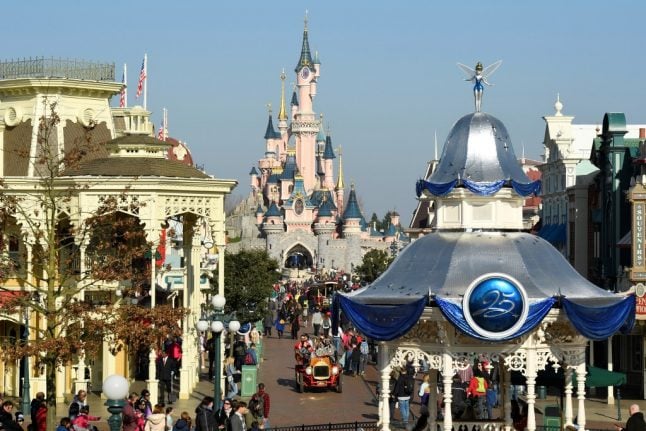Visitors aged 11 and older will have to wear face masks, and many shows and events will remain suspended because of the coronavirus pandemic, the resort said.
A first hotel at the site, which usually has some 15 million visitors per year, will open July 15th, followed by staggered openings of others through the summer.
The phased reopening will see “enhanced health and safety measures implemented for both cast members and guests,” the company said in a statement.
Same-day ticket sales will no longer be available, and people with non-dated tickets or annual passes will have to reserve spots.
The park has also suspended the “FastPass” service that lets people reserve time slots for certain rides “to allow for the necessary queue management”.
To encourage people to come despite uncertainty over how the coronavirus outbreak will unfold, the resort is allowing people to cancel or modify their Disney Hotel reservations without cost up to seven days before arrival.
Some 16,000 people work at the resort, which began halting shows and limiting the number of people inside even before France's nationwide lockdown took effect in mid-March, after some maintenance workers tested positive for Covid-19.
“We are thrilled to see one of the main tourism destinations in Europe and the largest single-site employer in France reopen to guests and its
employees,” Sophie Huberson of France's SNELAC leisure industry association said in response to Disney's announcement.



 Please whitelist us to continue reading.
Please whitelist us to continue reading.
Member comments